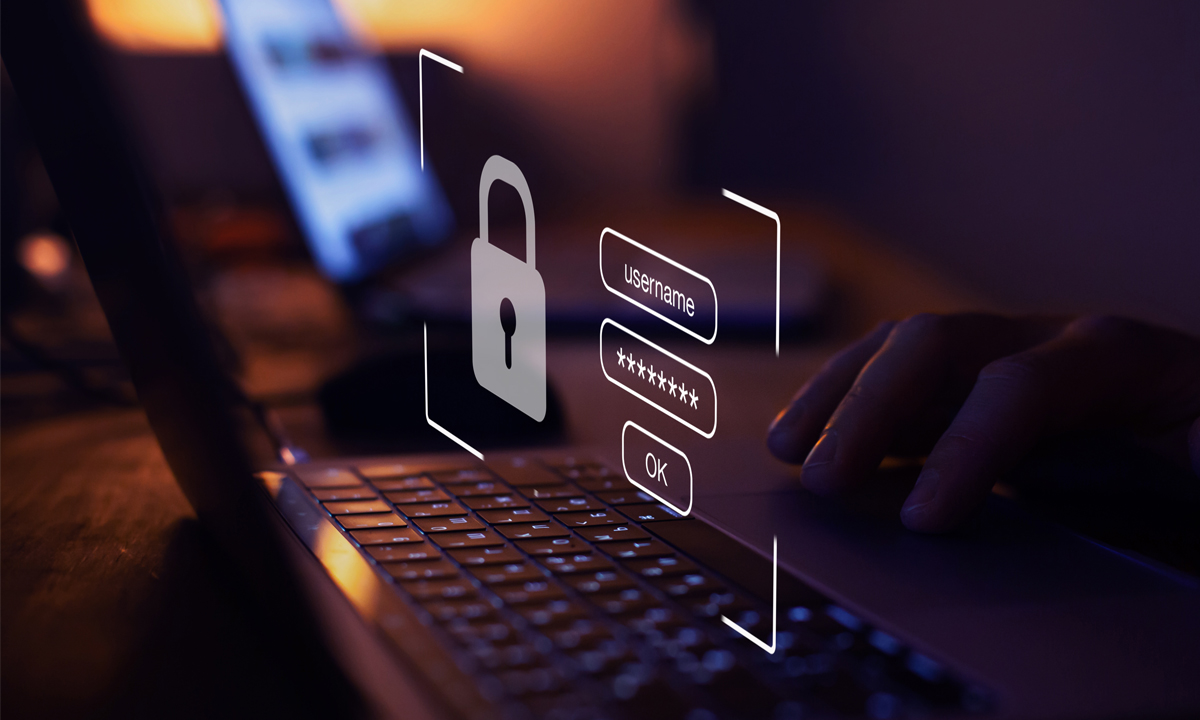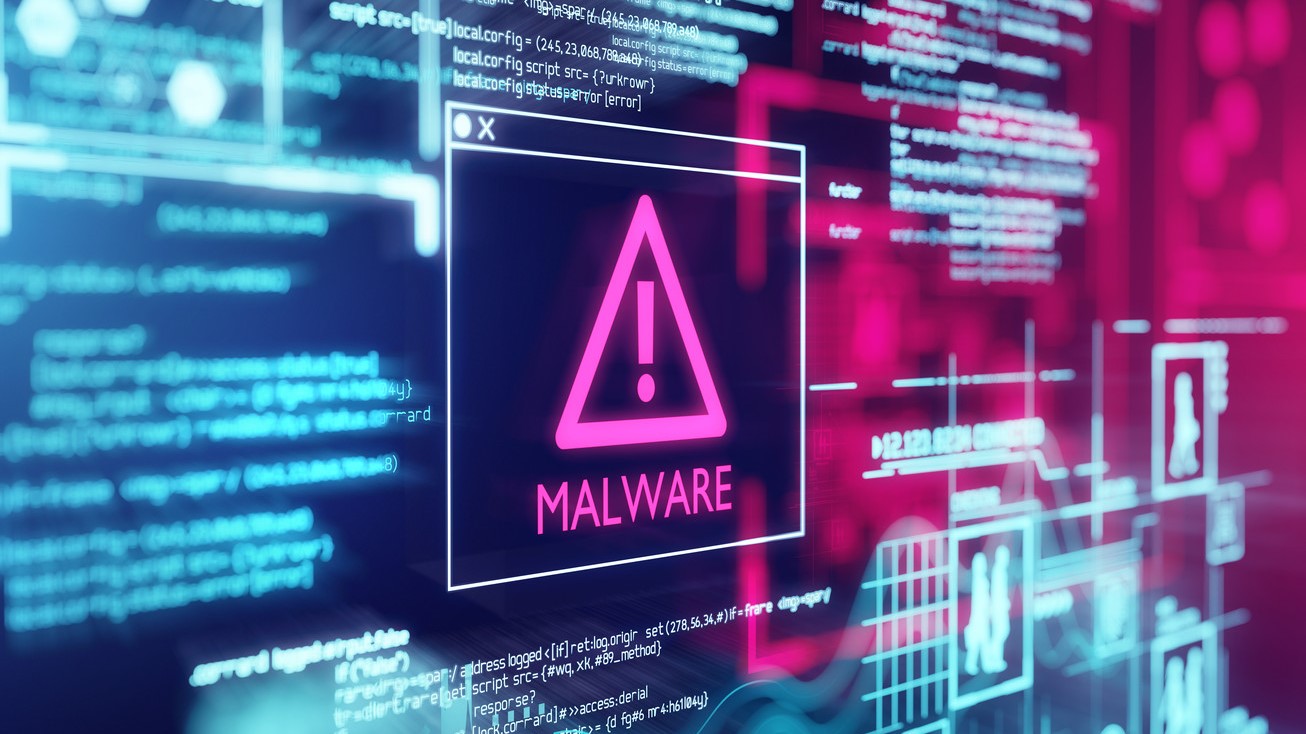It's Cybersecurity Awareness Month – here are 3 tools to keep you safe online
These 3 cybersecurity tools will help protect you online

While some may refer to October as "spooky month," you definitely don't want to be getting a fright from a hacker or scammer getting ahold of your personal data and/or money.
Unfortunately, the internet can be a very scary place when you consider all the nefarious people lurking around the corner, just waiting to get their hands on your sensitive information.
Thankfully, October doesn't have to be so spooky when it comes to online safety. It's Cybersecurity Awareness Month, so we've put together a list of the 3 best tools to keep you safe online and make sure that the scares are saved for Halloween.
1. A VPN
A VPN, or virtual private network, is a super handy online security tool that encrypts your internet connection, meaning your data is safe from anyone trying to snoop on it, whether this is your ISP, hackers or the government.
Using a VPN is especially important if you frequently use public Wi-Fi networks, as if these networks are unsecured hackers can easily take advantage of them and attempt to steal your data. Using a VPN keeps your connection private, and therefore safe.
Not only this, but some of the best VPNs offer other handy cybersecurity tools, like ad blocking or malware filtering as part of their service, meaning you can an entire cybersecurity suite in just one subscription.
For example, the best provider based on our testing, NordVPN, offers an advanced cybersecurity tool called Threat Protection Pro. It can help keep you safe online beyond just using a VPN by blocking the latest cyber threats, like phishing attacks, web tracking and malware.
Sign up to get the BEST of Tom's Guide direct to your inbox.
Get instant access to breaking news, the hottest reviews, great deals and helpful tips.
2. An ad blocker
We all hate pesky pop-up ads ruining our browsing experience, but did you know that they can actually pose a threat to your cybersecurity?
Ads can carry a whole host of cybersecurity issues with them, from phishing links to malware, so it's important you stay guarded against these abundant (and quite frankly, annoying) blights to your online security. Not to mention there are other issues that can seriously disrupt your online safety including pop-ups and tracking cookies.
This is where ad blockers come in. Ad blockers not only keep you safe from annoying pop-ups, but they can keep you safe from hackers who poison ads with malware. These ads often look legitimate, and can easily trick unsuspecting people into clicking on them.
This is why using one of the best ad blockers will help keep you safe online. Plus, as an added bonus, it will seriously declutter your online experience by getting rid of intrusive ads – and even reduce your data usage on mobile.

3. Antivirus software
It may sound obvious, but the importance of antivirus software in keeping you safe online cannot be overstated.
With research finding that 54% of Americans either use only their device's default antivirus, or none at all, it's clear to see that many people simply don't consider antivirus to be that important.
The best antivirus software goes far beyond just stopping malware and viruses, with added features like identity theft protection to stop hackers from stealing your identity, password managers to prevent your logins getting into the wrong hands and even secure cloud storage to keep all your files safe.
All of this will help keep you safe online, whether this is in a preventative capacity or stopping any nasties you may have accidentally downloaded.

Olivia joined Tom's Guide in October 2023 as part of the core Tech Software team, and is currently VPN Commissioning Editor. She regularly uses VPNs to make sure they deliver what they promise, and specializes in testing VPNs with streaming sites.
